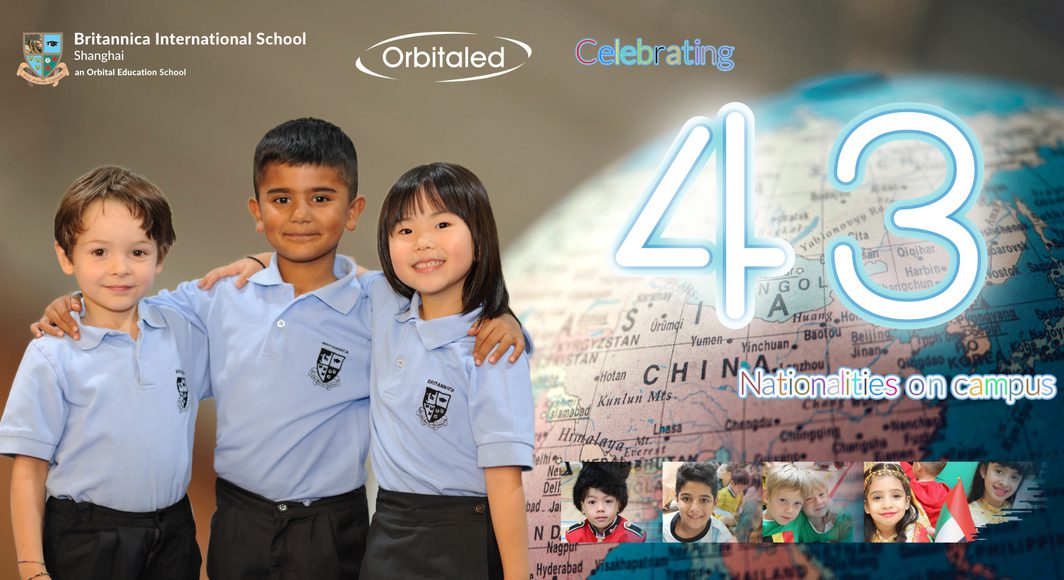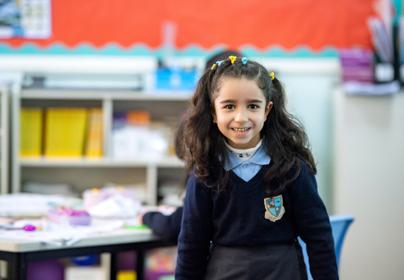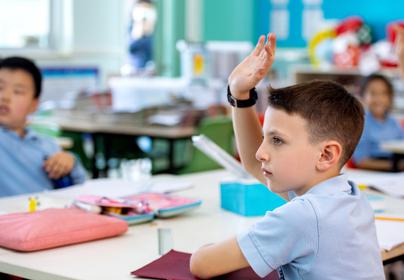There are many definitions as to what it means to be a global citizen, but for students learning in an international school and who have transient parents who work across the globe, learning how to be an effective global citizen can't be more relevant than for them.
Education in Global Citizenship encourages individuals to think deeply and critically about what is equitable and just, and what will minimise harm to our planet. Exploring Global Citizenship themes helps learners grow more confident in standing up for their beliefs, and more skilled in evaluating ethics and the impact of their decisions. Global Citizenship Education is a form of civic learning that involves students' active participation.
It is not enough for education to produce individuals who can just read, write and count, the world needs our young leaders of tomorrow to be able to think critically, evaluate evidence and the impact of choices and subsequently make good decisions that will make a positive contribution to the world around us.
Britannica International School is blessed with a student population of over 40 different nationalities. The school has a wealth of experience and culture among its students and parents and benefits greatly from enabling that to be shared within the community. At Britannica, we all learn from each other. We learn to understand diversity and its value and learn to respect others who are different or think differently from us. In so doing, Britannica students are prepared for the global world in which they currently live and that in which they will work after graduation. Britannica students will not only be the leaders of tomorrow, but will be effective and active Global Citizens.

Internationalism Programme
To support the development of Global Citizenship within the timetabled curriculum, the school runs a timetabled subject called Internationalism. During these lessons students will either study their mother tongue with a native speaking teacher or 'Internationalism', with the aim of enhancing their cultural awareness and cultural identity and those of others. Our Internationalism programme runs from Reception to Year 4 in which they study their own and other countries' cultures, from festivals to folk tales.
Native Language Courses
From Reception upwards, students may attend Native Language classes, a golden opportunity for them to delve deeper into the beauties of their own native language. All of these classes are taught by native speaking and qualified teachers who have a passion for passing the best of their native cultures to the hands of the next generation of global leaders. Currently, there are seven native language courses provided:

Beyond the Classroom
At Britannica, the development of globalised learning extends beyond the classroom environment and into many school events, such as:
- Mother Language Day
- National Dress Day
- Energy Week
- Lunar New Year Celebration and Events
Our After School Activities programme runs clubs such as Eco Group and Recycling Club, as well as offering students the opportunity to be a part of our School Council.







